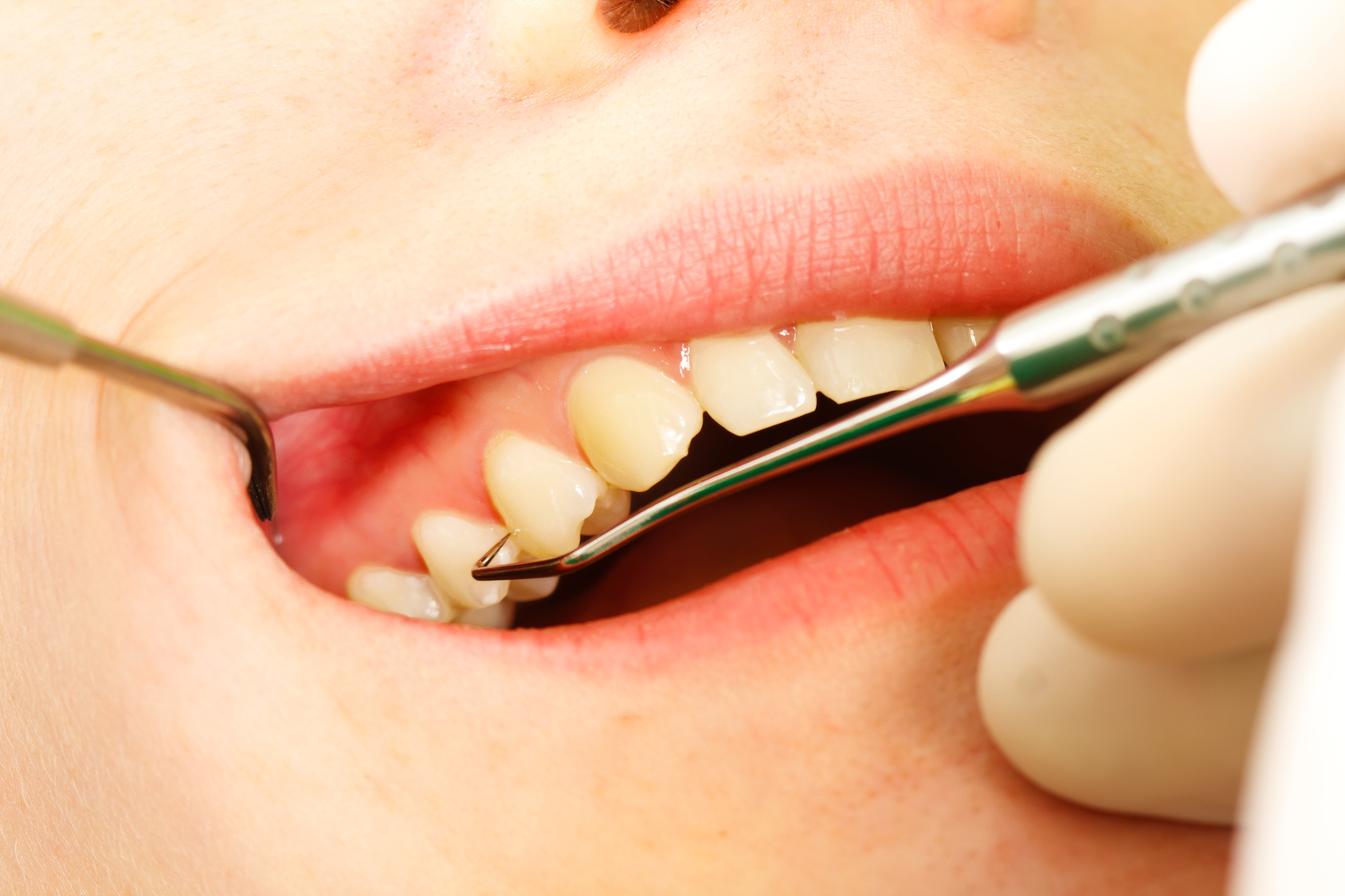Meet Us
What is a periodontist?
 Periodontics is the study, prevention, diagnosis and treatment of periodontal disease and in the placement, maintenance and repair of dental implants. Periodontal disease (or gum disease) affects the tissues that keep your teeth in place. When tartar, plaque and bacteria build up around the tooth, its supporting tissue is compromised. If not diagnosed and treated in time, it may result in the loss of teeth or even bone loss. A periodontist works to restore and rebuild the look and function of a mouth affected by gum disease.
Periodontics is the study, prevention, diagnosis and treatment of periodontal disease and in the placement, maintenance and repair of dental implants. Periodontal disease (or gum disease) affects the tissues that keep your teeth in place. When tartar, plaque and bacteria build up around the tooth, its supporting tissue is compromised. If not diagnosed and treated in time, it may result in the loss of teeth or even bone loss. A periodontist works to restore and rebuild the look and function of a mouth affected by gum disease.
Periodontists also have expert knowledge in the treatment of oral inflammation; they receive extensive training in these areas in the three additional years of education beyond dental school. Familiar with the latest techniques for diagnosing and treating periodontal disease, Periodontists offer a wide range of treatments, such as scaling and root planing (in which the infected surface of the root is cleaned) or root surface debridement (in which damaged tissue is removed).
 During the first visit, a review of the patient’s complete medical and dental histories is completed. It is extremely important for the periodontist to know if any medications are being taken or if the patient is being treated for any condition that can affect periodontal care, such as heart disease, diabetes, or pregnancy.
During the first visit, a review of the patient’s complete medical and dental histories is completed. It is extremely important for the periodontist to know if any medications are being taken or if the patient is being treated for any condition that can affect periodontal care, such as heart disease, diabetes, or pregnancy.
The periodontist examines the gums to see if there is any gum line recession, assesses how the teeth fit together when biting, and checks for any loose teeth. The periodontist will also take a small measuring instrument called a probe and place it between the teeth and gums to determine the depth of those spaces, known as periodontal pockets; this helps the periodontist assess the health of the gums. X-rays may also be taken to observe the health of the bone below the gum line.
